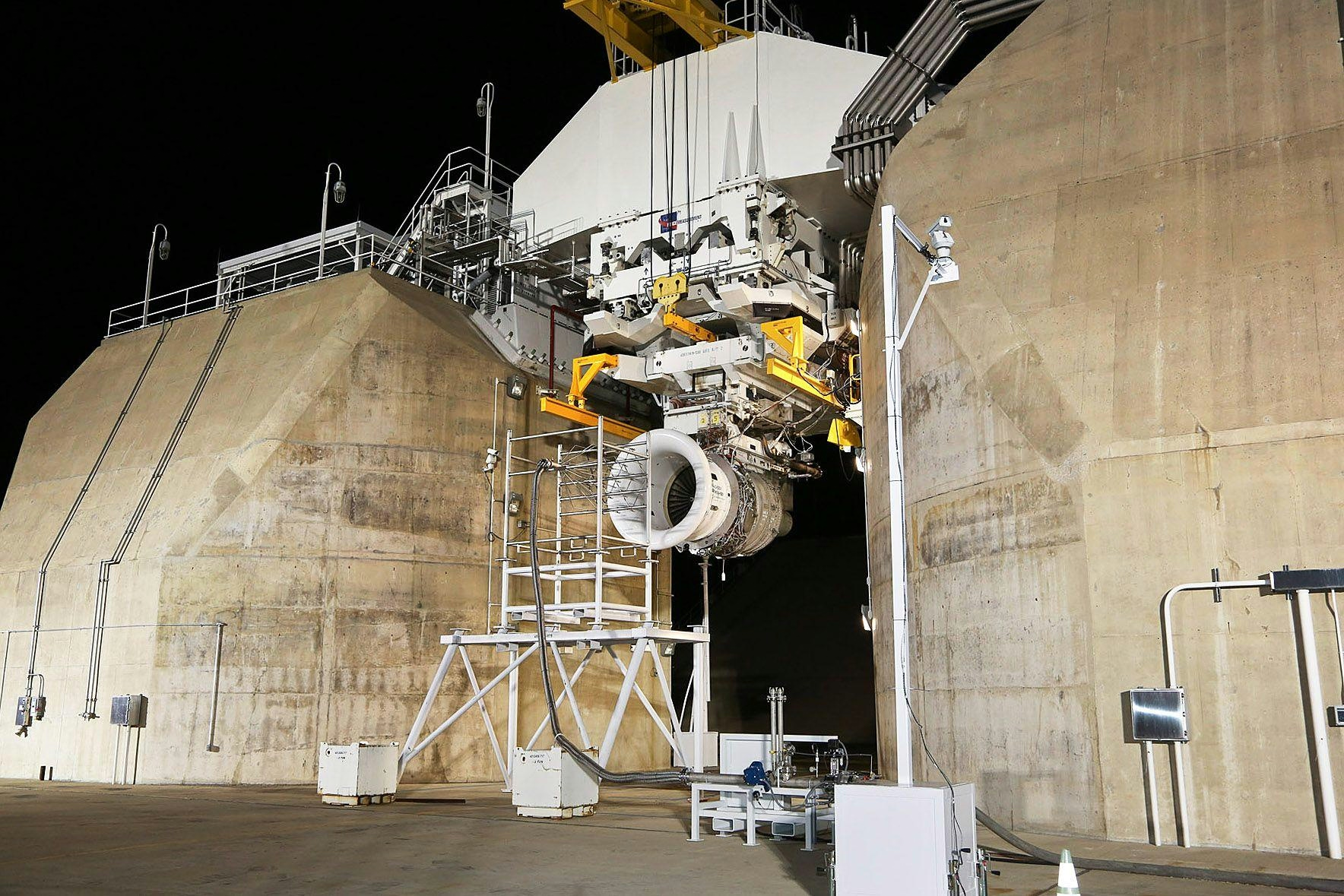
AeroGenie: Su copiloto inteligente.
Tendencias
Categories
UK’s First Flying Taxi Completes Maiden Flight
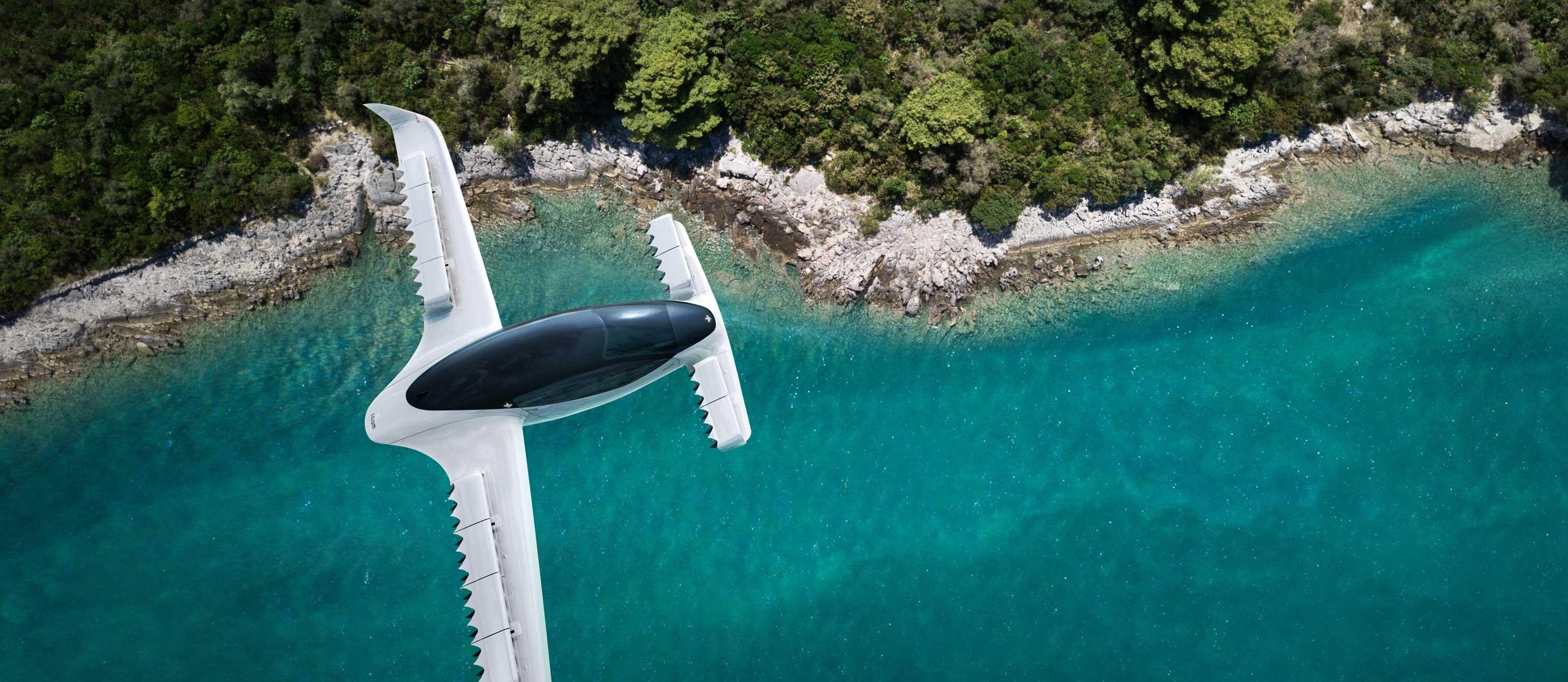
UK’s First Flying Taxi Completes Maiden Flight
Britain has achieved a significant milestone in urban air mobility with the successful maiden flight of its first flying taxi, the VX4. Developed by Bristol-based start-up Vertical Aerospace, the electric vertical take-off and landing (eVTOL) aircraft completed its inaugural cross-country journey, flying from the Cotswolds at speeds reaching 150 mph and covering a range of 100 miles. This flight marks the VX4 as the first eVTOL to operate in normal European airspace outside of controlled test environments, underscoring the UK’s ambition to introduce commercial air taxi services by 2028.
Technological Achievement and Government Support
The VX4 is designed to carry one pilot and four passengers, combining advanced electric propulsion with quiet operation and safety features. Chief test pilot Simon Davies described the experience as a “career highlight,” emphasizing the aircraft’s responsiveness, smooth handling, and ease of operation. The flight demonstrated the practical potential of eVTOL technology, which the UK government is keen to promote through a £20 million funding package aimed at accelerating the adoption of commercial drones and flying taxis. The Department for Transport and the Civil Aviation Authority, supported by the newly established Regulatory Innovation Office, are working to streamline regulations to facilitate the integration of advanced air mobility into public transport networks.
Industry Context and Global Competition
While the VX4’s successful flight signals progress, the path to commercial viability remains complex. Vertical Aerospace faces financial challenges amid a competitive and rapidly evolving global market. The recent collapse of German eVTOL manufacturer Lilium and the sale of Volocopter have raised concerns about the sector’s stability. Meanwhile, U.S. companies such as Joby Aviation and Archer are expanding aggressively. Joby, for instance, has partnered with Virgin Atlantic to launch zero-emission, short-range flights connecting major UK airports, including Heathrow and Manchester. Other international players like Wisk Aero and Eve Air Mobility are advancing their operations in the United States, Japan, and China, intensifying the global race to dominate urban air mobility.
Traditional commercial aviation remains dominated by conventional tube-and-wing aircraft, and eVTOL developers must navigate regulatory hurdles, secure financial backing, and gain public acceptance. International collaborations, such as UrbanV’s partnership with Future Flight Global to operate air taxis in Rome, illustrate the rapid pace of development and competition beyond the UK.
The UK government’s investment and the VX4’s maiden flight highlight the country’s commitment to fostering innovation in this emerging sector. The coming years will be critical in determining whether Britain can establish itself as a leader in flying taxi technology or if international competitors will set the standard for the future of urban air travel.
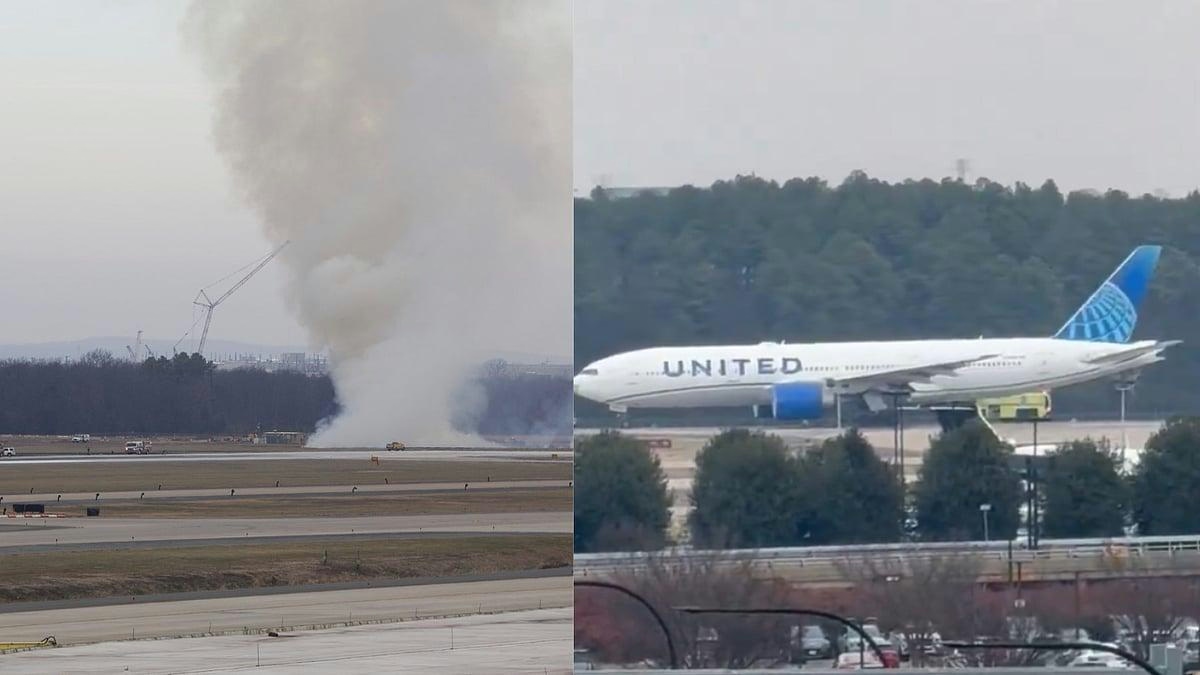
Boeing 777 Engine Failure Reported at Dulles Airport
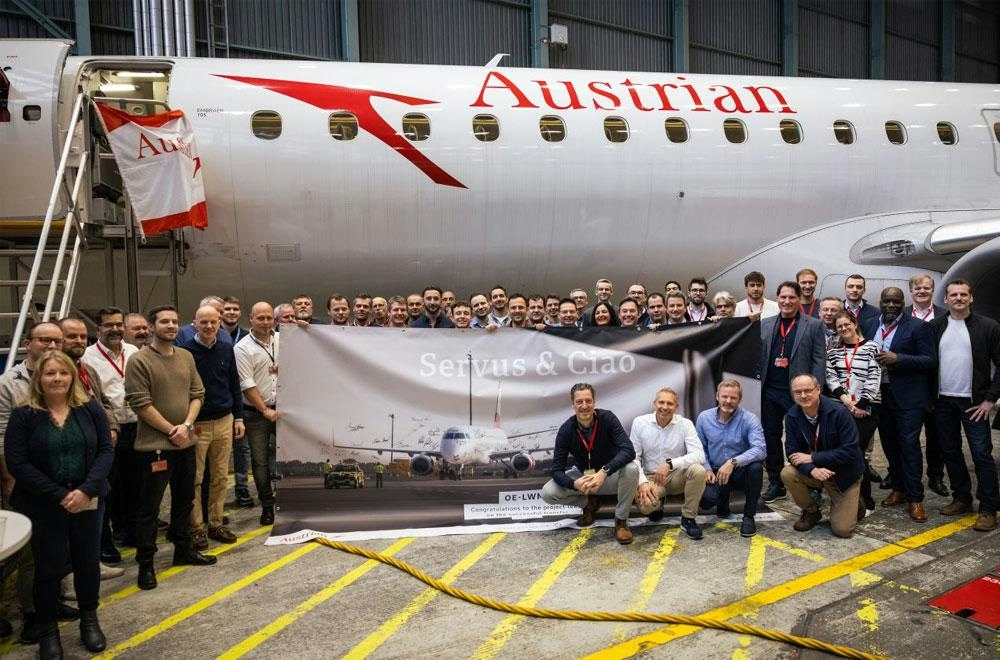
Austrian Airlines Transfers Embraer Fleet to Air Dolomiti
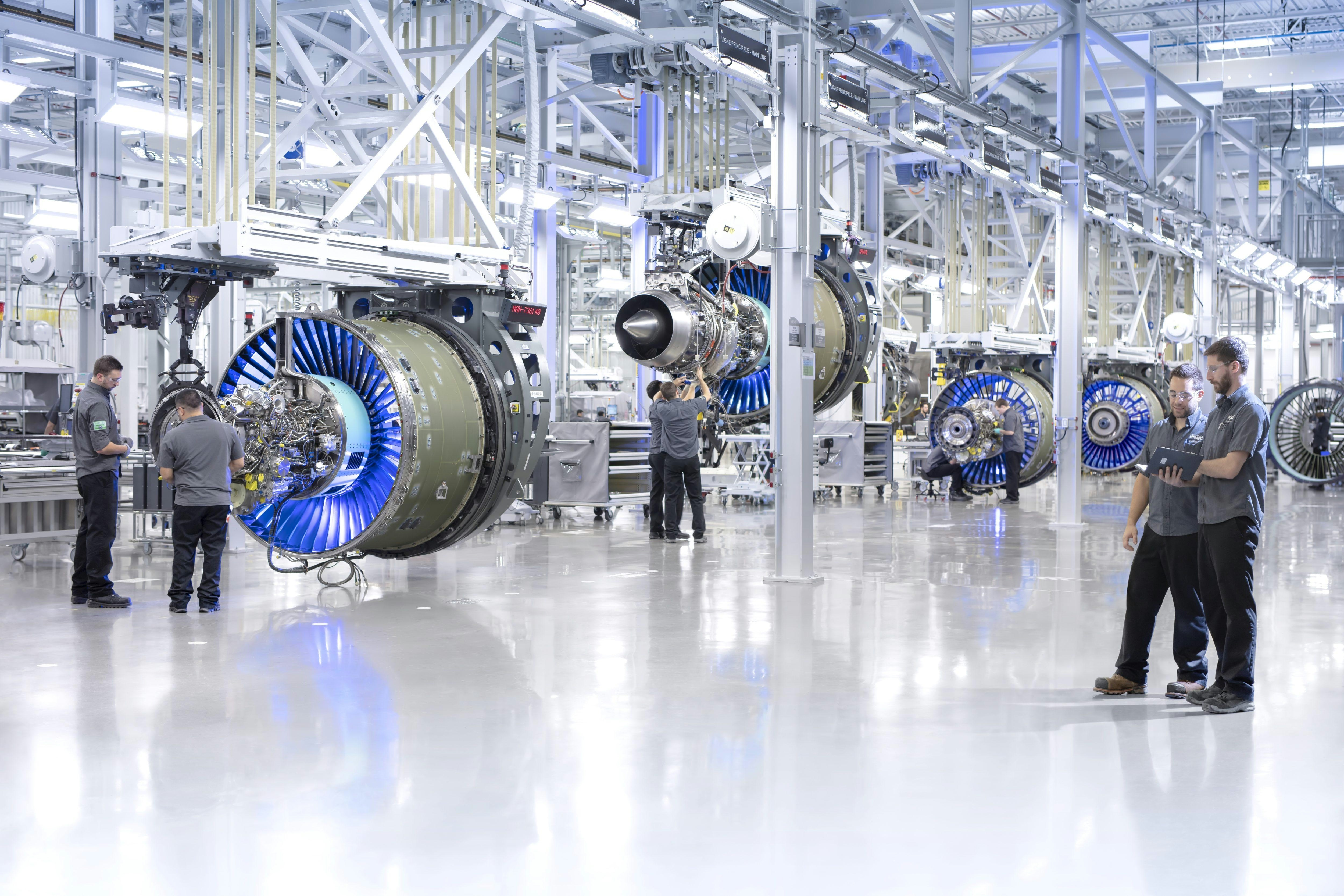
Airbus and Ingenium Open Aerospace Innovation Lab in Ottawa
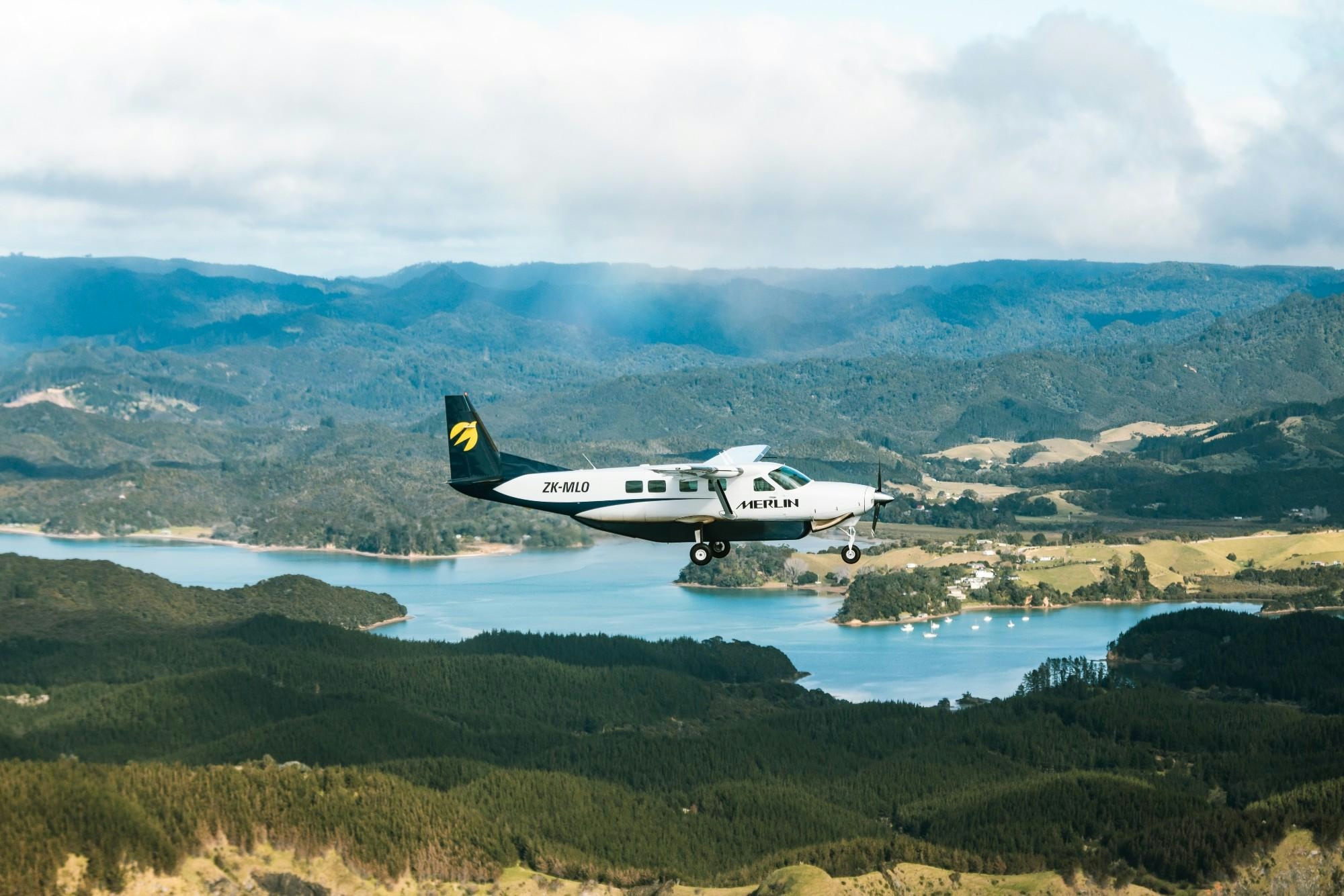
Merlin Labs: AI Aviation Company with SPAC Downside Protection
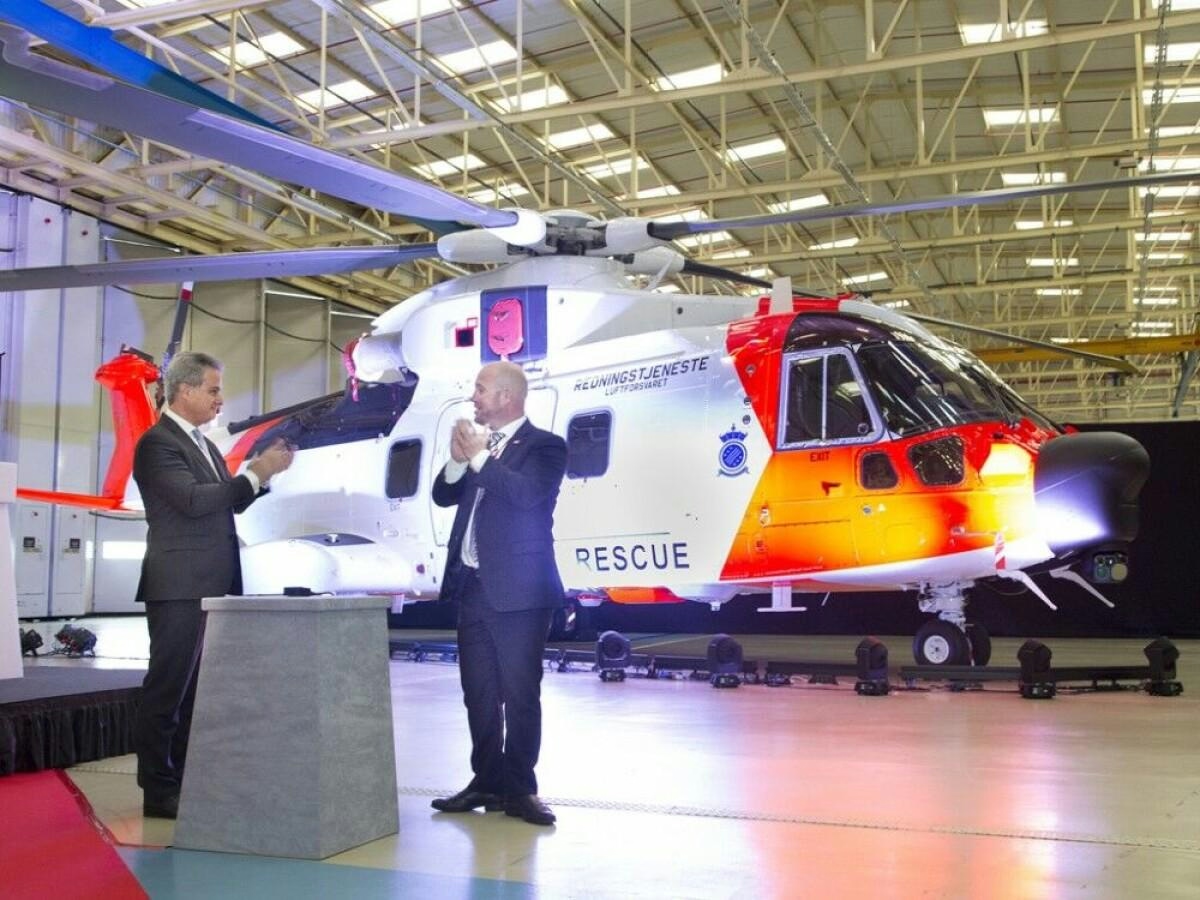
Heli-One Extends AW101 Search and Rescue Support in Norway

Falko Completes First Aircraft Sale in Japan
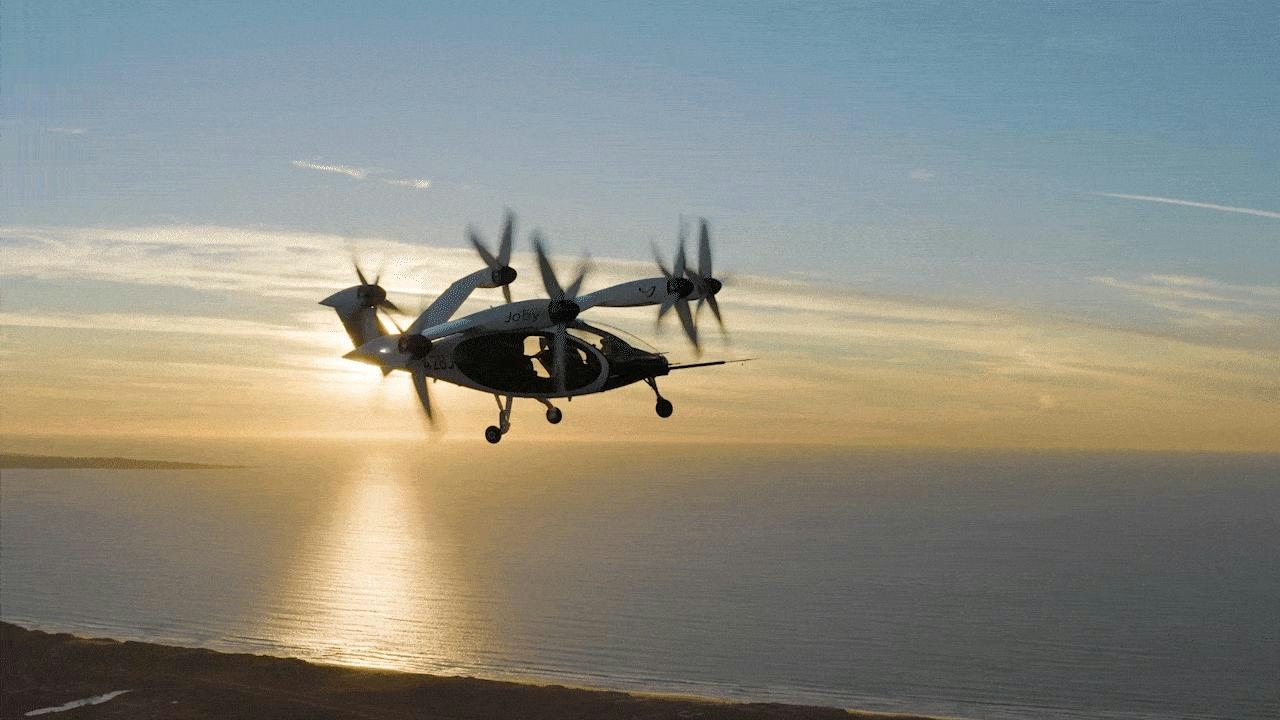
Joby Surpasses 50,000 Air Taxi Miles, Completes Fourth Global Demonstration
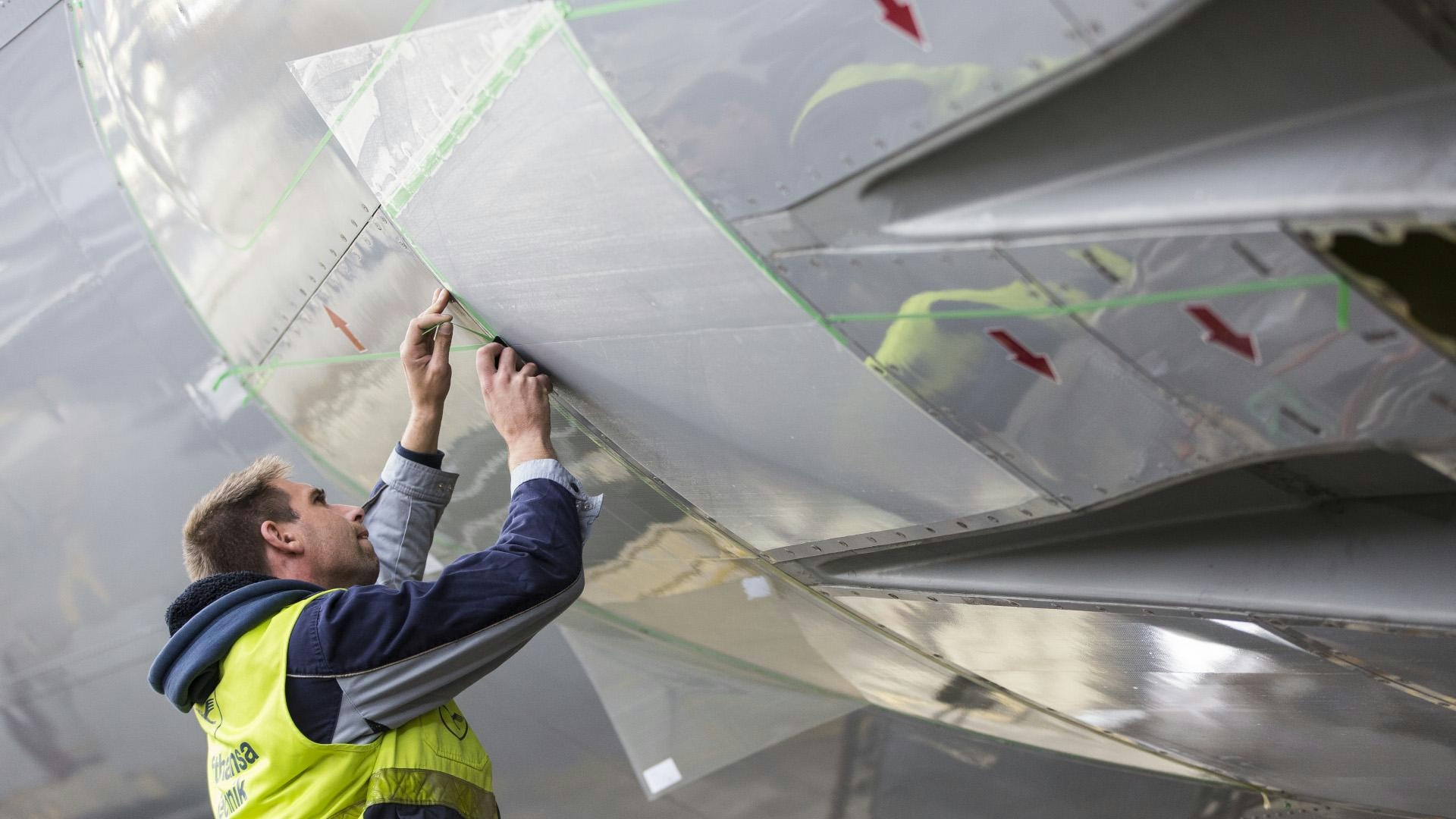
SWISS Renews Boeing 777 Component Support Agreement with LHT
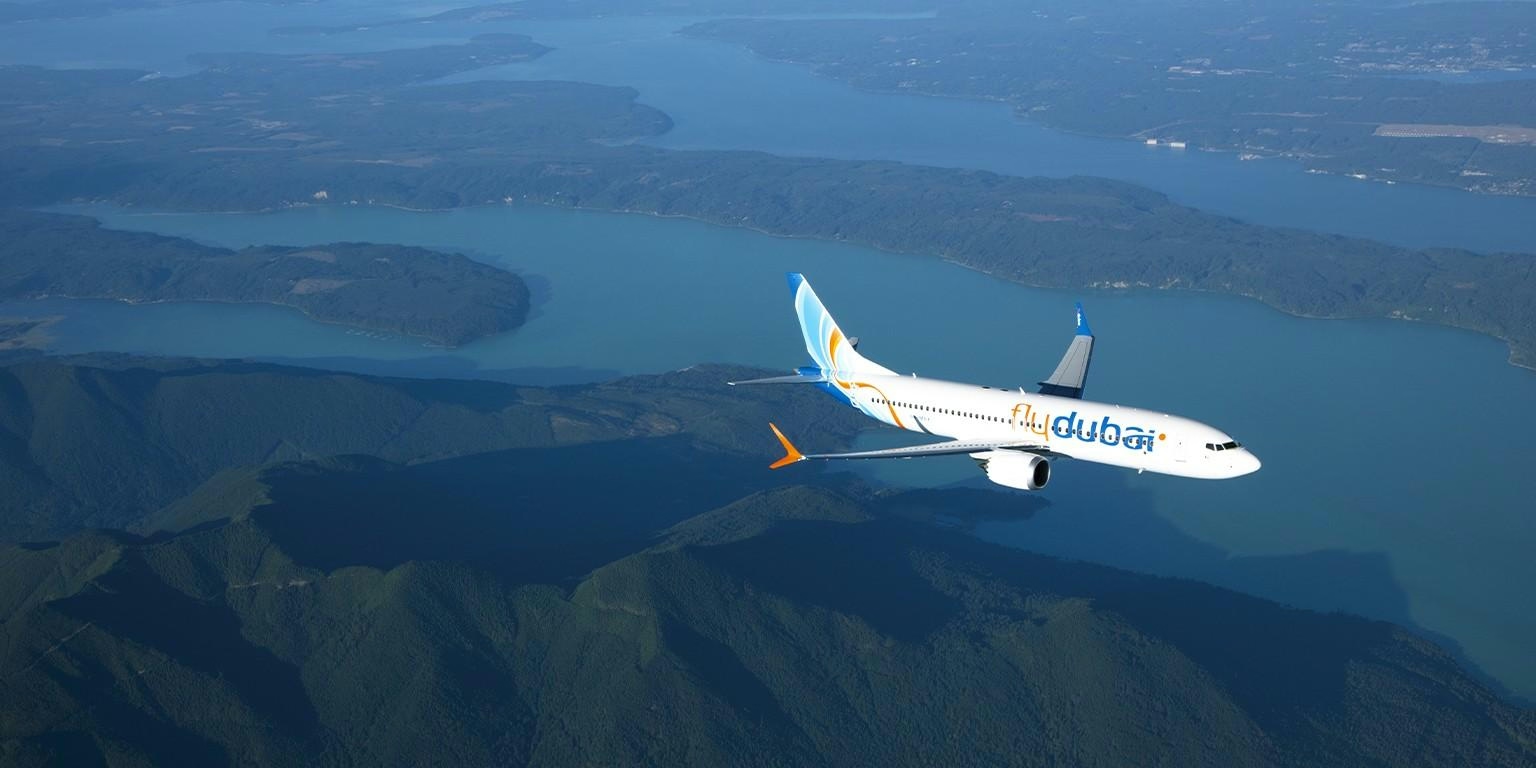
Flydubai Partners with Amazon Web Services to Enhance Digital Operations
